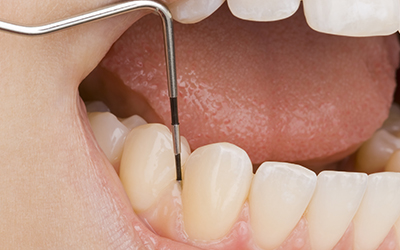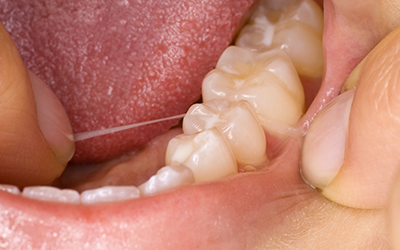
Implants for single missing teeth
A dental implant is a replacement for missing teeth and their roots. If you’re missing a single tooth, one implant and a crown can replace it.
What are the advantages of a single-tooth implant?
A dental implant provides several advantages over other tooth replacement options. Not only does it look and function like a natural tooth, a dental implant replaces a single tooth without compromising the health of the neighboring teeth.
Because a dental implant replaced the root of your tooth, the bone is better preserved. Dental implants fuse with your jawbone, helping to keep the bone healthy and intact.
What should I expect during my procedure?
You need to prepare yourself to dedicate many months to this restoration, as it happens in stages. During the first stage, the implant, which looks kind of like a screw, is placed into your jaw. Over the next two to six months, the implant and the bone bond together to form an anchor for the artificial tooth. During this time, a temporary tooth replacement can be worn over the implant site.
The second step of the procedure is necessary to uncover the implant and attach an extension. This temporary healing cap completes the foundation for your new tooth. Your gums will be allowed to heal for a couple of weeks following the second part of the procedure.
Lastly, a replacement tooth called a dental crown will be created for you and attached to a small metal post, called an abutment, and your implant will be complete!
This procedure will help you to experience restored confidence in your smile and your ability to chew and speak. Dental implants are so natural looking and feeling, you may forget you ever lost a tooth!
Implant supported dentures
A denture supported by a dental implant is similar to regular dentures, except that it is supported and attached to dental implants for stability. Where normal dentures rest on top of the gum line, held in place with an adhesive, implant supported dentures snap into place on top of implants for a firmer hold. These implant-supported dentures are removable, so you still have the option of taking out and cleaning them overnight.
There are a variety of implant-supported dentures available, with each designed to handle a particular situation:
Implant Supported Partial Denture
A supported partial denture is a partial denture that uses the support and foundation of a series of dental implants to hold the denture firmly in place. This is an option for those who still have some of their natural teeth.
Implant Supported Full Upper Denture
A supported full upper denture is a full tooth replacement denture that uses the support and foundation of a series of dental implants to hold the denture firmly in place at the top of your mouth. The benefit of an implant supported full upper denture over the more traditional full upper denture is in its ability to hold itself in place without the need for a palate (guard for the roof of your mouth). This allows for a more natural look and feel.
Implant Supported Lower Full Denture
A supported lower full denture is a full tooth replacement denture that uses the support and foundation of a series of dental implants to hold the denture firmly in place at the bottom of your mouth.
Where regular teeth dentures may slip and slide uncomfortably when talking or eating, implant supported dentures are comfortably held in place by the implants.
If you’re interested in achieving more natural results with an implant-supported denture, schedule an appointment with Auburn Family Dental.










